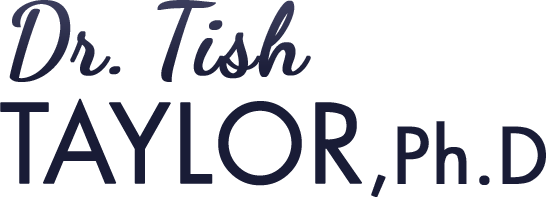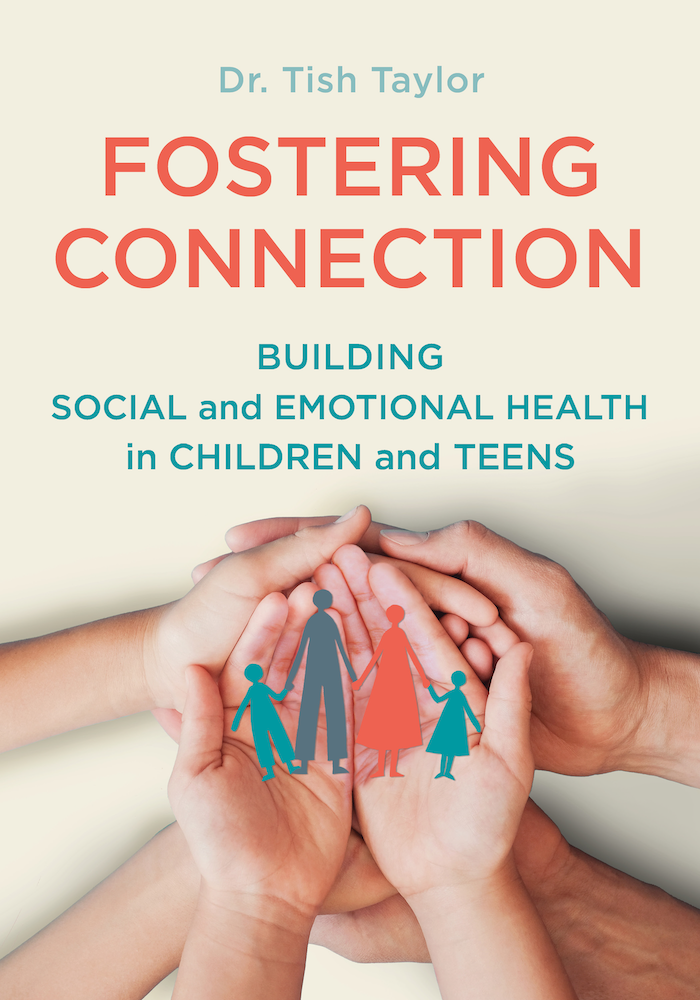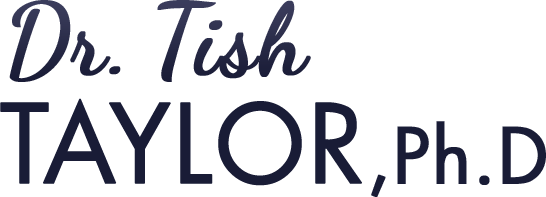
Autism Assessment in Overland Park 101: Being Prepared for Your Comprehensive Testing
Being Prepared for Your Child’s Autism Assessment in Overland Park
We don’t need studies to tell us that every parent wants their child to have the best possible chance of success. And if you are unsure if your kid has ASD, an early diagnosis offers the highest chance of success.
Obtaining a professional autism assessment in Overland Park is the first step in helping your autistic child thrive. This may appear to be a daunting task, but with some basic preparation, you will be able to express your worries to the diagnostic team.
If obtaining an autism diagnosis feels overwhelming, keep reading. We outline the essential measures you should take to prepare for your kid’s autism evaluation so that you may enter the exam with confidence, ready to help your child receive the necessary assistance.

What is Spectrum Disorder of Autism?
Autism spectrum disorder is a syndrome that affects several aspects of a child’s development. Children with autism grow differently in areas such as communication, socialization, attention, and motor skills.
As a parent, you may observe autism symptoms for your child as early as six months of age. Some children do not display autistic symptoms until a later age. Professional testing might begin as early as 18 months after the child’s birth.
What Should I Bring to the Autism Assessment in Overland Park?
A professional evaluation of an Autism Spectrum Disorder will include many components. It will center on listening to your narrative and reviewing material you provide as well as direct assessment with the child.
Do you think your child might have a learning disability?
Consider Learning disability evaluations in Overland Park.

Health Background
A health background will be vital to determine if your kid has any major risk factors for autism. Be prepared to discuss the following topics:
Family ancestry
Your child’s autism assessment is heavily reliant on his or her family history, so take the time to explore the following questions.
- Are your child’s siblings also autistic?
- Do you have any diagnosed or undiagnosed relatives with autism?
- How old were the parents at the time of the child’s birth? (Research suggests an association between autism and aging parents)
If your child is adopted, it may be difficult to answer these questions. Bring all information to your autism assessment in Overland Park and evidence on the health of your child’s biological family.

Birth Records
Was your child delivered prematurely (before 26 weeks gestation)? Were there issues during his or her delivery? Did he or she have a limited oxygen supply during birth, or was his or her birth weight extremely low?
All of these things are associated with an increased risk of autism. Make a note of anything out of the ordinary during your child’s pregnancy and delivery and let us know at your first checkup.
Are you concerned about dyslexia?
Consider learning disability evaluations in Overland Park.
Personal Wellness
Autism is frequently accompanied by other conditions. Recall and record the key health issues your child has had.
Some of the most frequent health issues associated with autism are gastrointestinal issues, trouble sleeping, and anxiety. Others, such as hereditary genetic diseases such as fragile X syndrome, are relatively uncommon. Your health history should include any diseases or ailments that fall beyond the norm.
Bring your own notes regarding health issues when getting your autism assessment in Overland Park in any of the aforementioned categories, as well as any formal medical documents.

Developmental History
Autism may prevent children from reaching developmental milestones at the same rate as neurotypical youngsters. Here are a few questions to get you thinking about what to discuss during the autism assessment in Overland Park of your child:
- When did your child begin talking?
- Does your youngster appear to readily forget the phrases he or she has learned?
- Does he or she continue to acquire new terms to expand their vocabulary?
- Does your child appear to comprehend the phrases and words he or she uses?
- When did your little one appear to first comprehend his or her name?
- When did your child start walking and using other motor functions?
- Have you ever taken your child to the doctor for these issues? How did they respond to the interventions that were attempted?
Bring your own notes regarding when your kid attained his or her developmental milestones, as well as copies of any doctor-performed tests on your child’s developmental ability.
Behavioral Background
Everyone with ASD has a distinct assortment of behavioral deviations. A thorough understanding of your kid’s behavior is essential to obtaining an accurate diagnosis and building a personalized treatment plan for your child.
Set aside some time to thoroughly consider your child’s interpersonal and social actions. Be careful to jot down the major points and bring them with you to the initial evaluation meeting.

Social habits to consider for an autism assessment in Overland Park :
- Not replying to the individual’s name.
- Trying to avoid eye contact with people.
- Not respond to facial emotions, such as not returning a grin when someone smiles at you.
- Consistently prefers playing alone instead of playing with others.
- Not initiating discussions in an age-appropriate manner (a smaller kid may initiate a “conversation” by bringing a toy to convey his joy, whereas an older child initiates dialogues spontaneously).

Other behaviors to consider before an autism assessment in Overland Park:
- Repetitive behaviors, including rocking back and forth.
- Developing unique habits or rituals and being extremely distressed when they are altered.
- Inability to coordinate motions, appearing highly uncomfortable or clumsy when walking or utilizing body language.
- Appears indifferent to pain, even developing behaviors such as self-hitting or head-banging without appearing to notice discomfort.
- Extreme fixation on a single routine, activity, or object.
- Appears distressed by novel food textures or clothing/bedding textures.
- In addition to your personal observations, it is useful to hear from others who care for your child. This includes educators, babysitters, and relatives.
Bring your own notes on your child’s conduct when coming in for your autism assessment in Overland Park as well as any test results from teachers, resource support staff, or other experts. To expedite the process, have others who know your child well submit the online form in advance.
What Occurs Now?
Remember that an autism assessment in Overland Park is all about getting to know your child and that you know your child better than anybody else. You are the authority on supporting your child to attain his or her full potential, despite the fact that the procedure may initially appear frightening.
Your child’s autism assessment in Overland Park and your questions will be as unique as your child’s. If you are worried, inquisitive, or simply have a question, please call Dr. Tish. We are here to assist you and your child in achieving a prosperous adulthood.

Autism assessment in Overland Park
If you are struggling to find the right support for your child, contact me, Dr. Tish Taylor, Ph.D. I am a licensed child psychologist who specializes in Overland Park ADHD testing. My experience working in and with schools makes me a valuable resource for parents. I have a wide range of experience with diagnoses, including ADHD, dyslexia, executive functioning deficits, anxiety, mood, and behavior problems. I can also provide an autism assessment in Overland Park if that is where your concerns lie.
I utilize the latest research to create intervention methods to give your child and your family the support they need, including learning disability evaluations in Overland Park.

You can reach me at (913) 738-4177 or visit my website to learn more about the services I offer. You can also get in touch with me by filling out this contact form. I look forward to assisting you.
You can also receive guidance through my books focused on Fostering Connection and Parenting with ADHD. Click here to find out more about these publications and how they can be of major benefit to you and your child.
I also offer webinars focused on developing an intervention plan and how to get through to a child that struggles with listening. You can learn more about these two helpful classes by clicking here.

